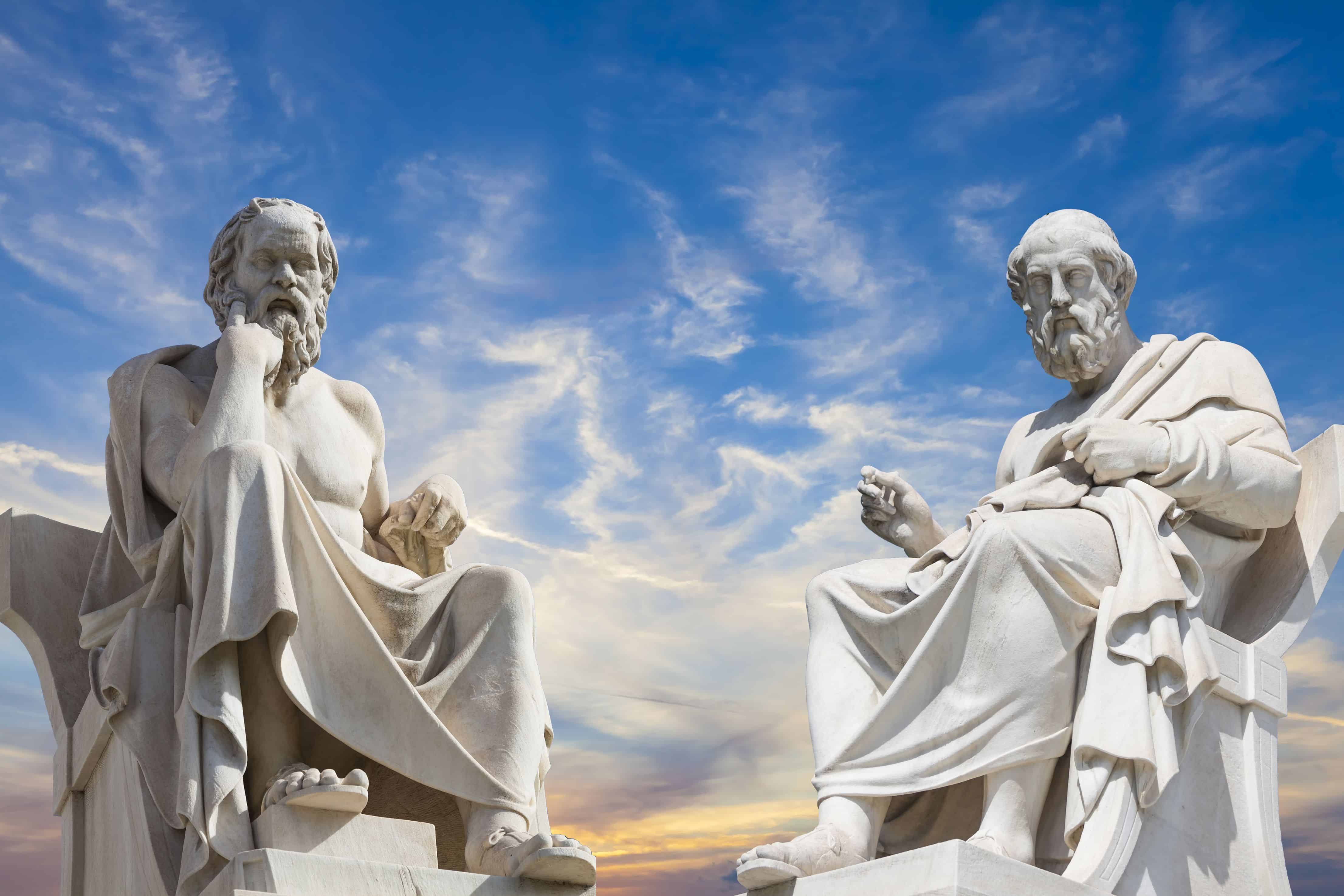The differing perspectives on the “ideal man” according to seven different philosophers, each delineating their visions and requirements for excellence. From Plato’s philosopher-king to Kierkegaard’s Knight of Faith, each philosopher sketches a model for achieving greater human virtue. The article further emphasizes that these concepts are not universally attainable but serve as aspirational guides for personal growth. Links to additional resources are provided for readers interested in delving deeper into each philosophical belief.
Key Points:
- Plato’s Ideal Man: Plato’s “philosopher-king” is chosen from the guardian class, subjected to rigorous education and testing, with a focus on wisdom and justice in leadership. His understanding of eternal ideals enables him to benefit society as a whole.
- Aristotle’s Ideal Man: Aristotle’s “great-souled man” achieves a state of flourishing called eudaimonia, embodying excellence internally and externally, and maintains pride, honor, courage, and magnanimity in his conduct.
- Confucius’ Ideal Man: Confucius’ “junzi” or “gentleman” focuses on noble behavior, continuous self-improvement, and inspiring others through his example, emphasizing respect, humility, and social harmony.
- Nietzsche, Didymus, Camus, and Kierkegaard’s Ideal Men: Nietzsche’s “Übermensch” creates personal meaning in a meaningless world; Didymus’ “Stoic sage” focuses on tranquility and virtue; Camus’ “absurd man” confronts existential meaninglessness with defiance; Kierkegaard’s “Knight of Faith” emphasizes a bold leap into the unknown with absolute faith in the infinite.









